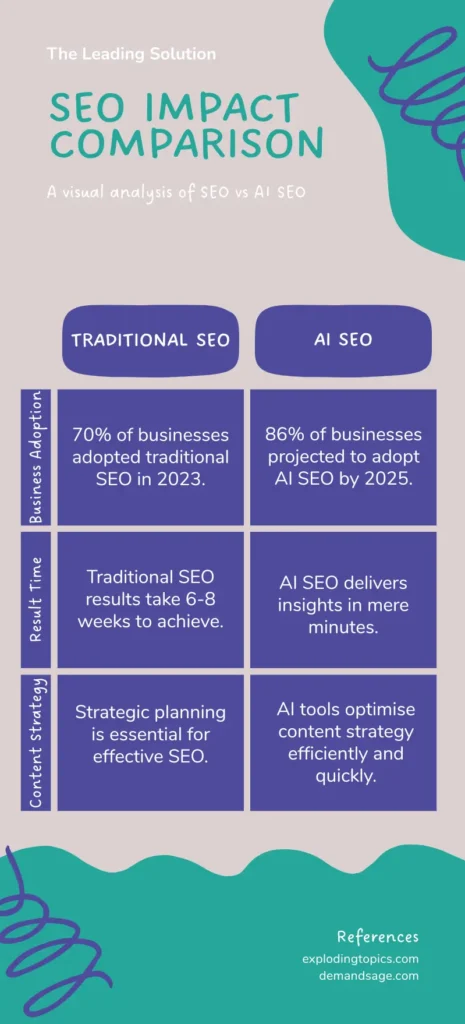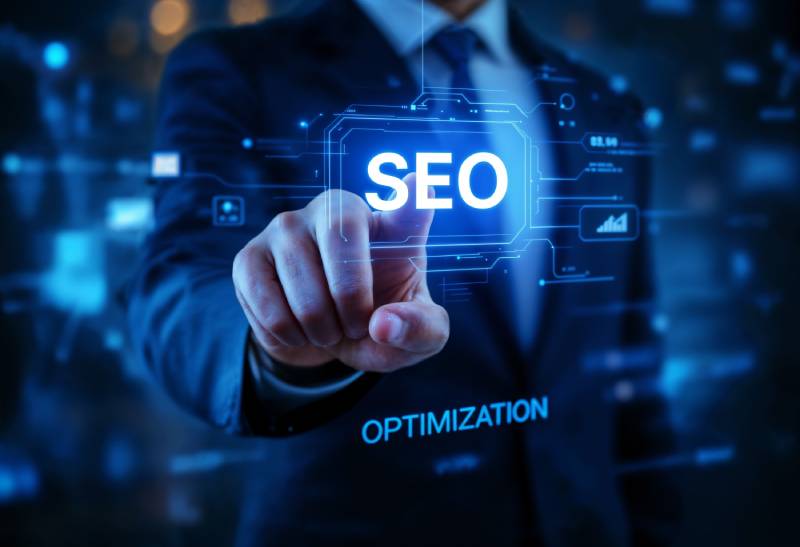It’s 2025, and digital marketing continues to throw curveballs as the SEO vs. AI SEO debate is heating up the scene. SEO has been the go-to strategy for helping businesses gain online visibility, but AI is changing the game dramatically. Now, keyword stuffing and a mad dash for backlinks rub shoulders with things like machine learning figuring out what users really want and serving up tailored results. If you’re tempted to dip into AI SEO services, there’s a real shot at streamlining your work and uncovering fresh insights.
Remember the old days? You’d type something into Google and scroll through endless links. Now, AI-powered tricks like Google’s Search Generative Experience churn out instant, chatty answers. Ignore this shift, and your business might just fade into obscurity. In this piece, we’ll break down the differences between traditional and AI SEO and examine how each plays out in Singapore. By the end, you might see why mixing the two could be a clever move for your digital marketing strategy.
Understanding Traditional SEO
Traditional SEO is all about the tried-and-true methods that got websites noticed by Google’s algorithms. It starts with keyword research, focusing on terms people might search for and incorporating them into content, meta tags, and headings. Back in the early 2000s, we’d cram keywords in wherever they’d fit, but Google’s Panda and Penguin updates soon pushed us toward quality over quantity.
You’ve got on-page stuff like speeding up sites, making them mobile-friendly, and sorting internal links. Then there’s off-page work, like snagging backlinks from solid sites to build credibility. Tools like Google Analytics and SEMrush enable you to track various metrics—traffic, bounce rates, and more. For many of us, it’s a comfort zone; you can roll up your sleeves, fix a broken link, and see rankings creep up over time.
But let’s be honest—it’s a slog. Writing content takes ages, but what are the results? They can take months. Some marketing agencies in Singapore still adhere to this approach because it feels hands-on and authentic. With 86% of SEO pros now dabbling in AI, though, clinging to the old ways might slow you down. Still, that human touch keeps things authentic, which AI sometimes struggles to nail.
AI SEO: The Intelligent Evolution

AI SEO turns the tables by letting algorithms take the wheel to supercharge optimisation. It utilises natural language processing and predictive analytics to go beyond keywords, gaining insight into context and user habits. These tools crunch massive datasets in seconds, spotting trends I’d never catch on my own.
For example, AI can sketch out content ideas, suggest word tweaks, or even draft a rough article. Of course, you always get better results if you refine the content in your voice. In AI keyword research, machine learning predicts which queries are gaining popularity, taking into account voice search and casual conversations. In the end, it’s not about ditching effort; it’s about letting AI handle the heavy lifting so you can focus on the big picture.
Surprisingly, this trend in SEO is gaining momentum quickly. Overly 67% of small businesses are now using AI for content and SEO. The best AI SEO apps seamlessly integrate, providing real-time checks and competitor insights. However, it’s not perfect – AI requires a firm hand to avoid overreach, ensuring it adheres to E-A-T (Expertise, Authoritativeness, Trustworthiness) guidelines.
SEO vs. AI SEO: A Side-by-Side Comparison
I’ve been watching the SEO vs. AI SEO shift shake up how businesses show up online—it’s been a bit of a game-changer lately. Sure, both are about getting noticed, but they tackle it with different approaches, speeds, and end results that can really throw you for a loop. Let’s dig into a quick rundown that’s helped me sort through the mess.
Aspect | Traditional SEO | AI SEO |
Keyword Strategy | Focuses on exact-match terms with manual, volume-driven research. | Focuses on semantic intent, long-tail phrases, and trends via algorithms. |
Content Creation | All about human writing, research, and fine-tuning. | Leans on AI for drafts, gap analysis, and custom tweaks for users. |
Tools and Automation | Sticks to steady tools like Ahrefs or Moz for audits. | Taps into dynamic AI setups, as seen in evolving AI SEO strategies. |
Speed and Scalability | Slow going - weeks for changes, best for smaller sites. | Quick insights and easy scaling for big content batches. |
Measurement | Monitor rankings, traffic, and conversions using historical data. | Utilises predictive analytics to identify future trends and make on-the-fly adjustments. |
Risks | Can result in penalties if you overdo the manual tweaks. | Risks include generic outputs or ethical mistakes without close oversight. |
Advantages and Challenges of AI SEO
AI SEO’s most important benefit is speed. Scanning thousands of pages for content gaps takes minutes, not days. It also personalises things – AI predicts search intent, which can hook customers for longer. For e-commerce, that means custom product suggestions that boost sales.
But it’s not all smooth sailing. Sometimes, AI can churn out dull text if you don’t steer it. Of course, let’s not forget there’s that odd chance of “hallucinations” – made-up facts sneaking in. Moreover, Google cracks down on sloppy AI output, which makes compliant AI SEO content more preferable. Cost is a hurdle too; those fancy tools need funding, though they can pay off if you play it right.
Traditional SEO, on the other hand, is a steady option for cautious businesses. But while it builds a deeper grasp of your brand, skipping AI feels almost like a gamble in today’s race.
Traditional SEO vs. AI SEO in Singapore: A Localised Perspective

Singapore’s digital scene, a hotspot in Southeast Asia, makes this debate even more interesting. With its tech-savvy crowd and Smart Nation push, businesses here feel the pressure. Digital ad spend increased 11% to US$1.94 billion in 2024, underscoring the market’s seriousness.
Traditional SEO still works for local searches, such as optimising for “best kopi in Orchard Road.” However, AI SEO is gaining momentum with the rise of mobile and voice searches – over 88% of Singaporeans are on social media, often via their phones. AI helps juggle multilingual content, mixing English, Mandarin, and Malay to reach a wider audience.
For small companies, AI levels the playing field, as affordable tools enable them to compete with larger players. Yet, PDPA data rules add a layer of hassle – AI needs to stay compliant to dodge fines. AEO for Singapore businesses feels like a must here, as it taps into growth from e-commerce to fintech booms.
The Future of SEO: Looking Ahead
The SEO landscape is evolving, and many small businesses are adopting a hybrid model that combines AI and human creativity. Curious about what’s next? Dive into the latest AI SEO trends for a deeper look at how artificial intelligence helps SMEs and corporations stay ahead.
Wrapping Up & How to Elevate Your Strategy with The Leading Solution
Undoubtedly, Singapore marketing agencies are slowly but surely changing their old strategies. In this regard, SEO vs. AI SEO offer a hybrid approach that enables smooth adaptation to the latest trends in digital marketing. For those ready to dive into AI SEO services, the perks – faster workflows, sharper insights, better results – are hard to ignore.
Fancy a chat about what suits you? Reach out to The Leading Solution today for a tailored consultation – we’re here to help you navigate this shift.


